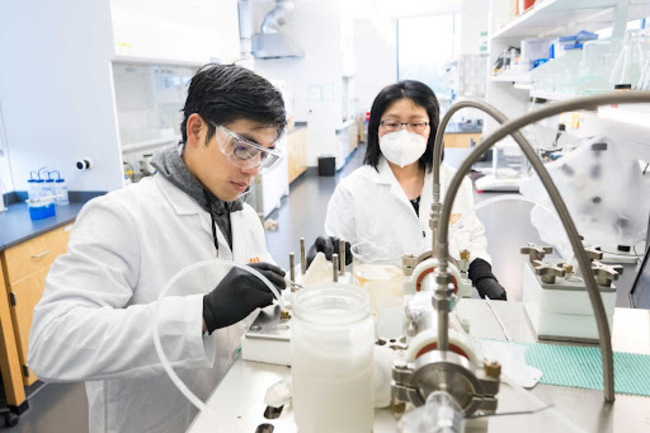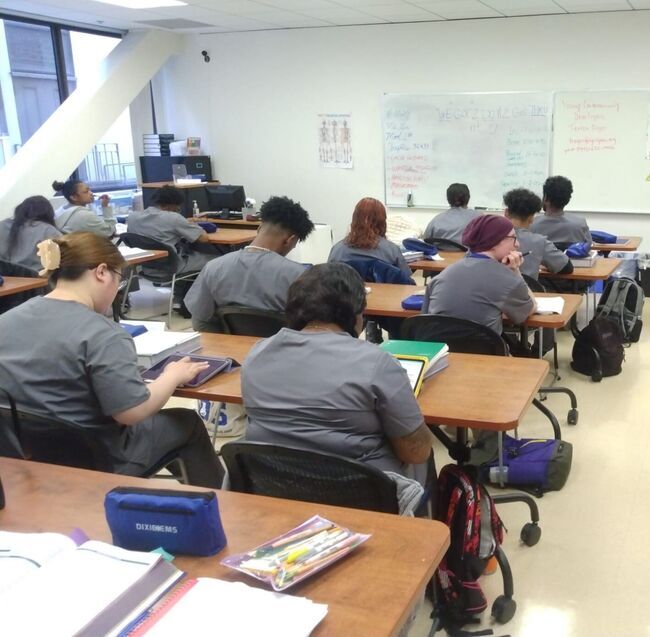Are you the kind of person who binge-watches crime dramas, not for the whodunit, but for the whydunit? Do you find yourself psychoanalyzing fictional characters and wondering about the minds behind real-life crimes? Well, you’re in the right place! Let’s talk about graduate programs in forensic psychology from the likes of UHV and what you can expect from this thrilling and impactful journey.
What is Forensic Psychology?
First off, let’s clear up what forensic psychology actually is. Think of it as the bridge between psychology and the legal system. It’s where you get to dive into the minds of criminals, understand the psyche of victims, and even work within the justice system to ensure fair and effective outcomes. Sounds cool, right?
Choosing Your Path: Master’s or Doctorate?
Okay, so you’re sold on the idea of forensic psychology. But what kind of degree should you go for? You’ve got a couple of options here, each with its own perks.
Master’s Programs
A Master’s program typically takes about two years and gives you a solid foundation in both psychology and legal principles. It’s perfect if you want to jump into the field relatively quickly or if you’re looking to enhance your current career with specialized knowledge.
Doctorate Programs
Going for a doctorate? Awesome! A Psy.D. or Ph.D. can take anywhere from 4-7 years, but it opens doors to advanced clinical roles, academic positions, and high-level research opportunities. If you’re dreaming big, this is the way to go.
Joint Degree Programs
Feeling extra ambitious? Some schools offer joint degree programs like J.D./Ph.D. or J.D./Psy.D., combining law and psychology. These programs are intense, but they give you an edge in both fields, setting you up for a unique and influential career.
What’s on the Curriculum?
Alright, let’s talk classes. Expect a blend of psychology, criminal justice, and law. Here’s a taste of what you might be diving into:
Core Psychology Courses
- Psychopathology: Learn about mental health disorders and treatments.
- Cognitive Psychology: Explore how we think, remember, and perceive.
- Ethics in Psychology: Navigate the moral landscape of psychological practice.
Forensic Psychology Courses
- Criminal Behavior: Understand what makes criminals tick.
- Forensic Assessment: Learn to evaluate individuals for court purposes.
- Victimology: Study the impact of crime on victims and support mechanisms.
Legal Studies
- Criminal Law: Get a grip on the basics of the legal system.
- Expert Testimony: Master the art of presenting psychological findings in court.
- Correctional Psychology: Learn about psychological services in correctional settings.
Get Your Hands Dirty: Internships and Practicums
Theory is great, but practice? That’s where the magic happens. Internships and practicums are key components of your training. Here’s where you might find yourself:
- Courts: Assist in evaluations and learn to give expert testimony.
- Correctional Facilities: Work directly with inmates, providing crucial psychological services.
- Law Enforcement Agencies: Help develop profiles and support investigations.
- Mental Health Facilities: Offer treatment to individuals entangled in the legal system.
Research: Making Your Mark
If research is your thing, you’ll love this part. Many programs allow you to conduct original research. This could mean studying the effectiveness of treatments, exploring new assessment methods, or diving deep into the psychological impact of crime.
Wrapping Up Your Degree
As you near the end of your program, you’ll likely work on a capstone project, thesis, or dissertation. This is your chance to shine and showcase your expertise. It’s a lot of work, but it’s also incredibly rewarding.
Career Paths: Where to Next?
So, you’ve got your degree. What now? Here are some career paths you might consider:
- Forensic Psychologist: Work with courts, law enforcement, and correctional facilities.
- Academic/Researcher: Teach and conduct groundbreaking research.
- Legal Consultant: Provide psychological insights to legal professionals.
- Correctional Psychologist: Offer services within prisons and juvenile centers.
Tips for Thriving in Your Program
- Stay Curious: The field is always evolving. Keep up with new research and developments.
- Network: Build connections with professors, peers, and professionals.
- Get Experience: Seek out internships and practicums for hands-on learning.
- Communicate Clearly: Whether in reports, testimony, or therapy, clear communication is key.
- Stay Organized: Balance your coursework, research, and personal life effectively.
Ready to Dive In?
Graduate programs in forensic psychology are your gateway to a career that’s as challenging as it is rewarding. You’ll be at the intersection of mental health and the justice system, making a real difference in people’s lives. So, if you’re passionate about understanding the human mind and eager to play a role in the legal world, this could be the perfect path for you.
Conclusion: Your Adventure Awaits
Embarking on this journey is no small feat, but it’s one that promises excitement, challenge, and fulfillment. Whether you’re analyzing the minds of criminals, supporting victims, or influencing legal outcomes, forensic psychology offers a unique and impactful career. Ready to get started? Your future in forensic psychology is waiting.







